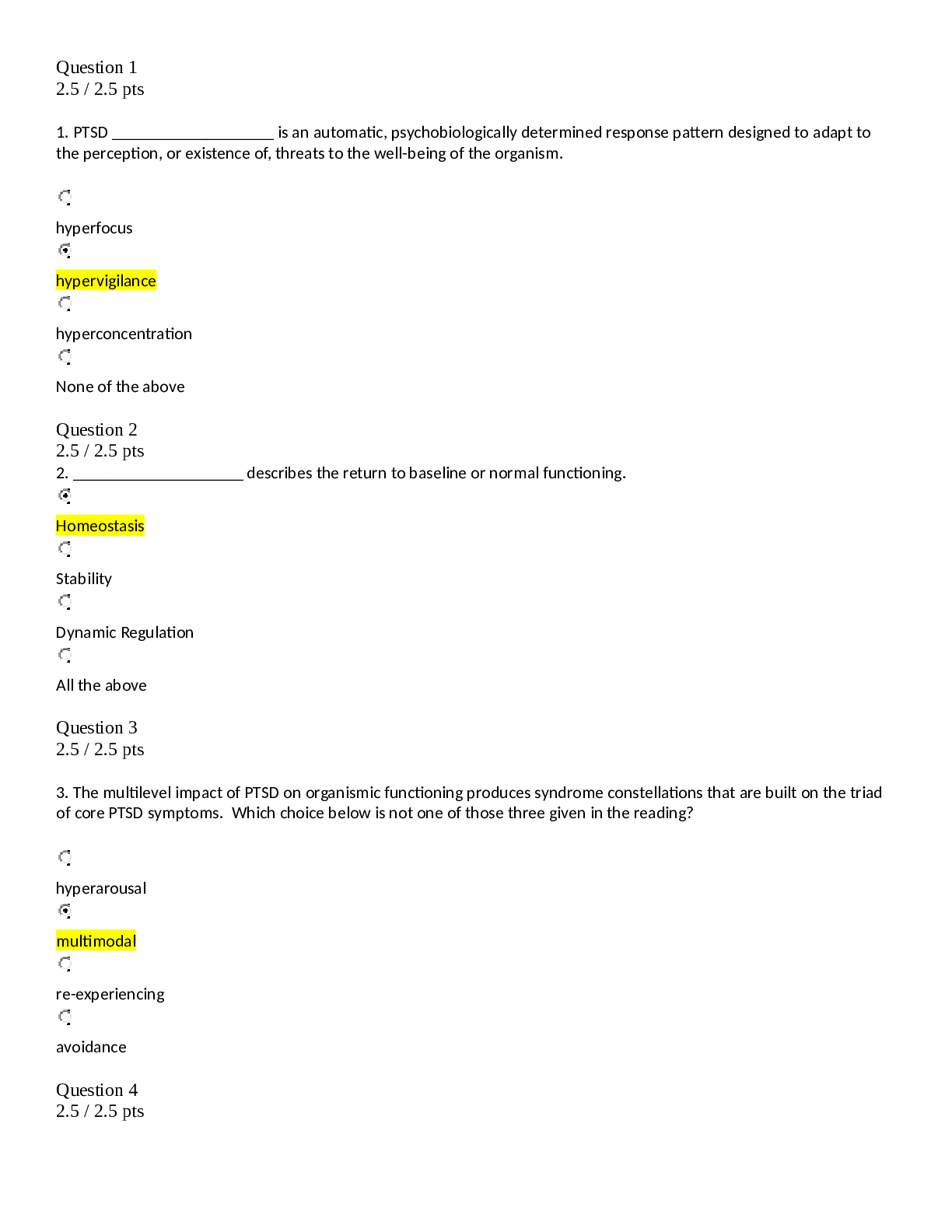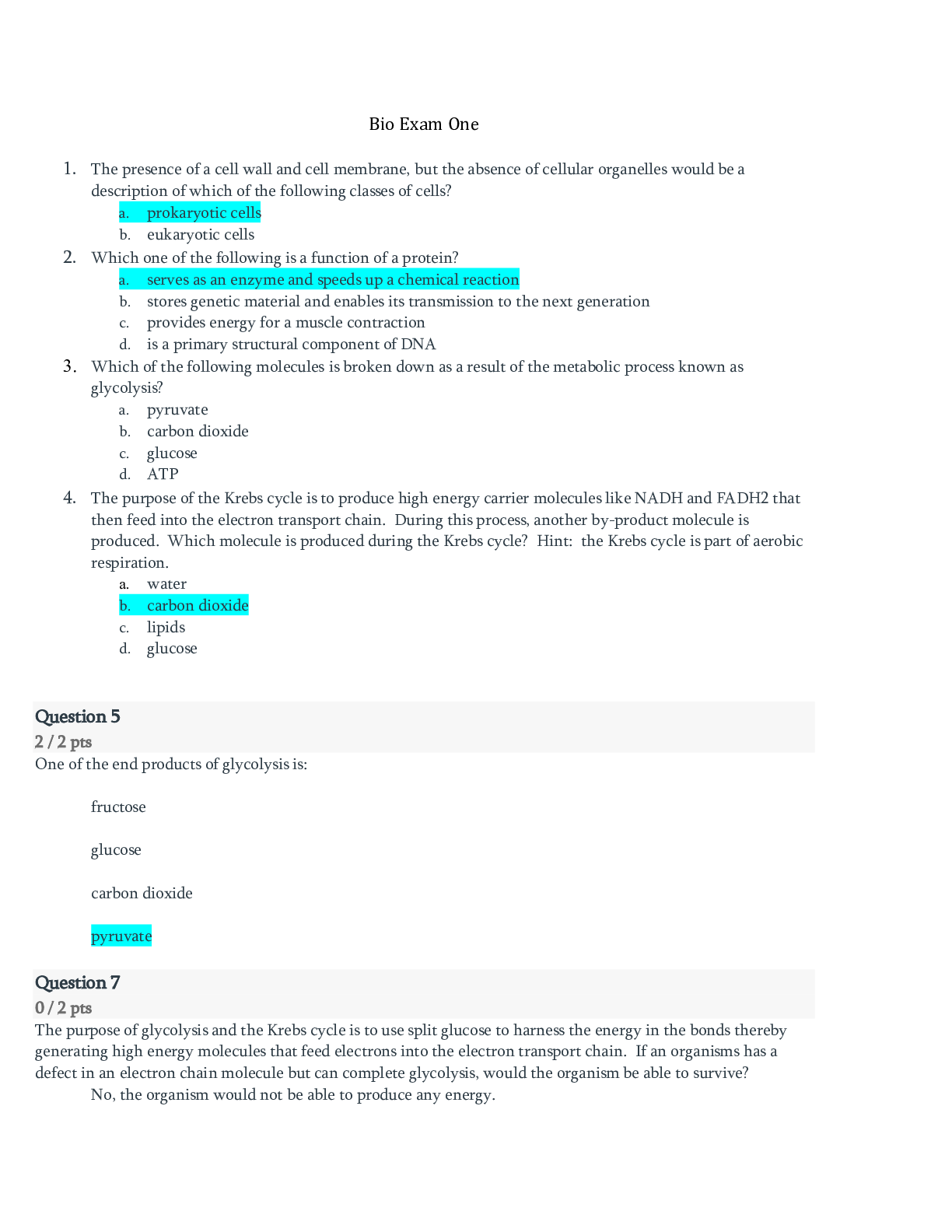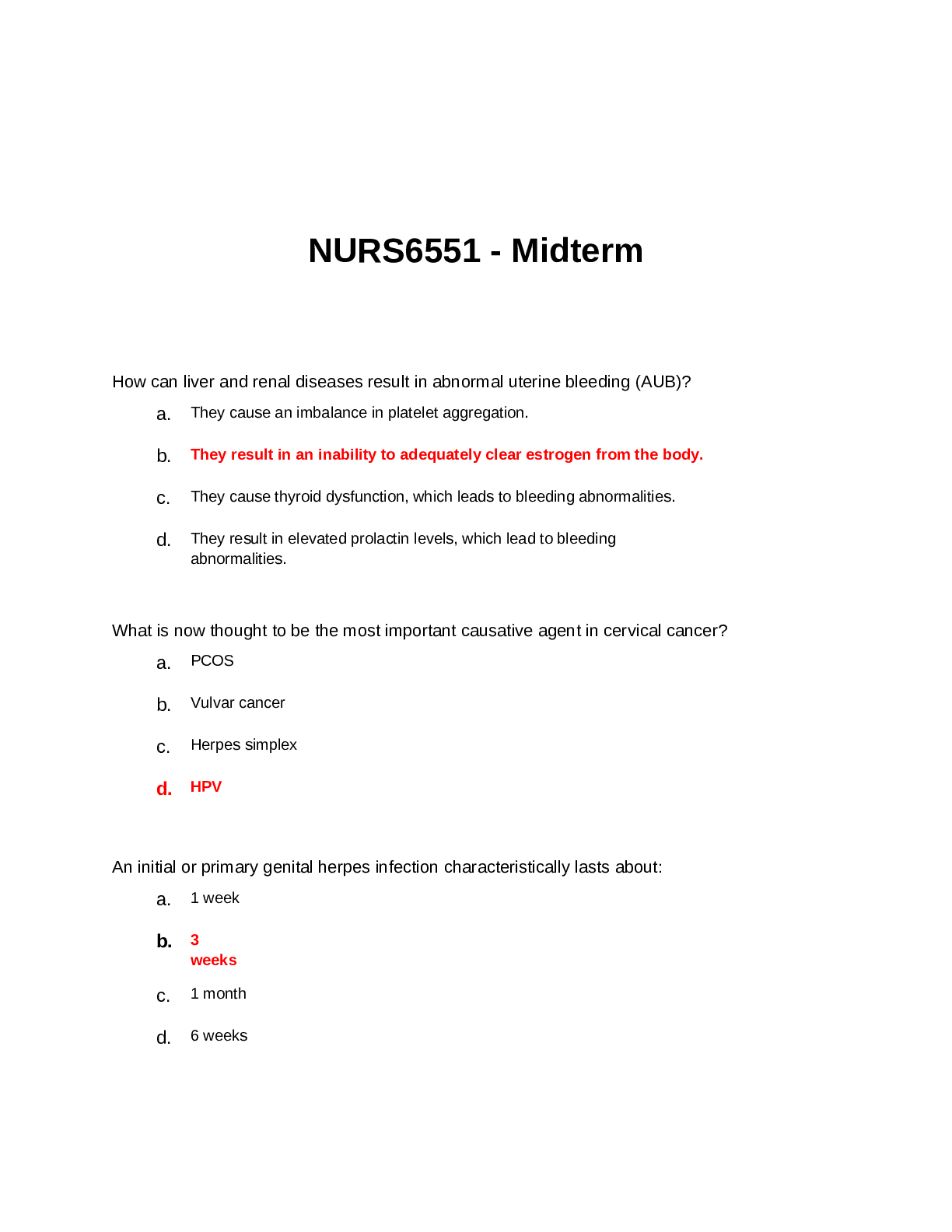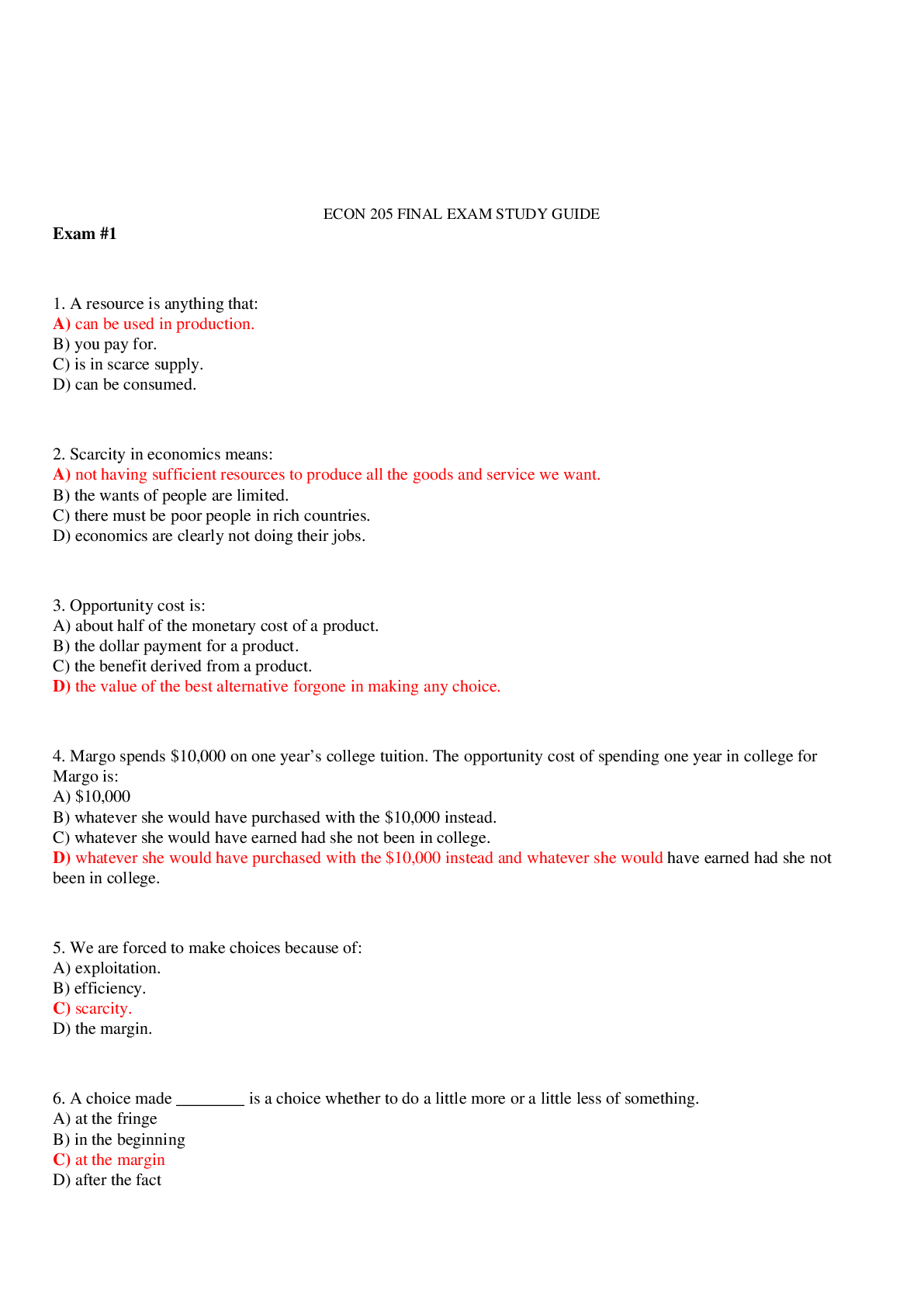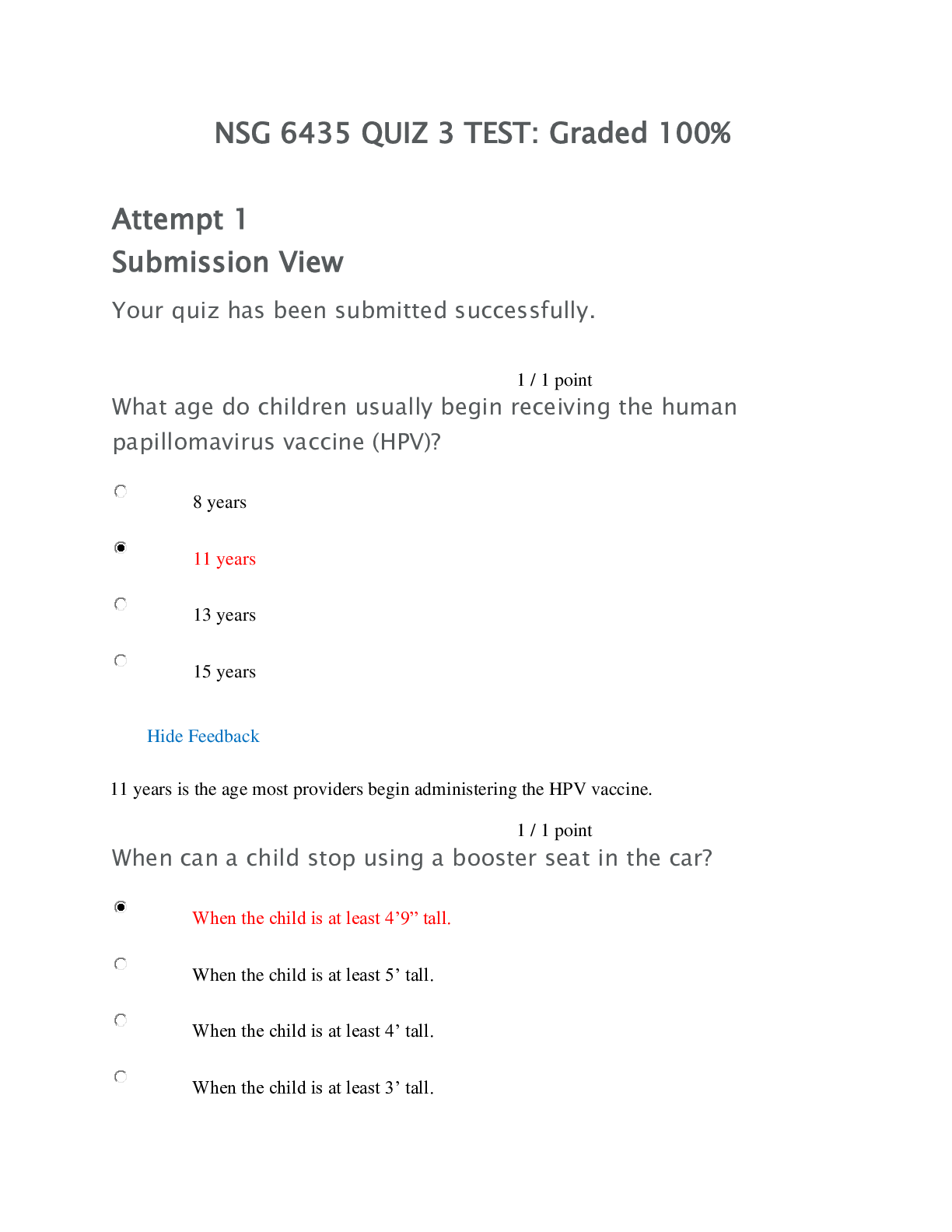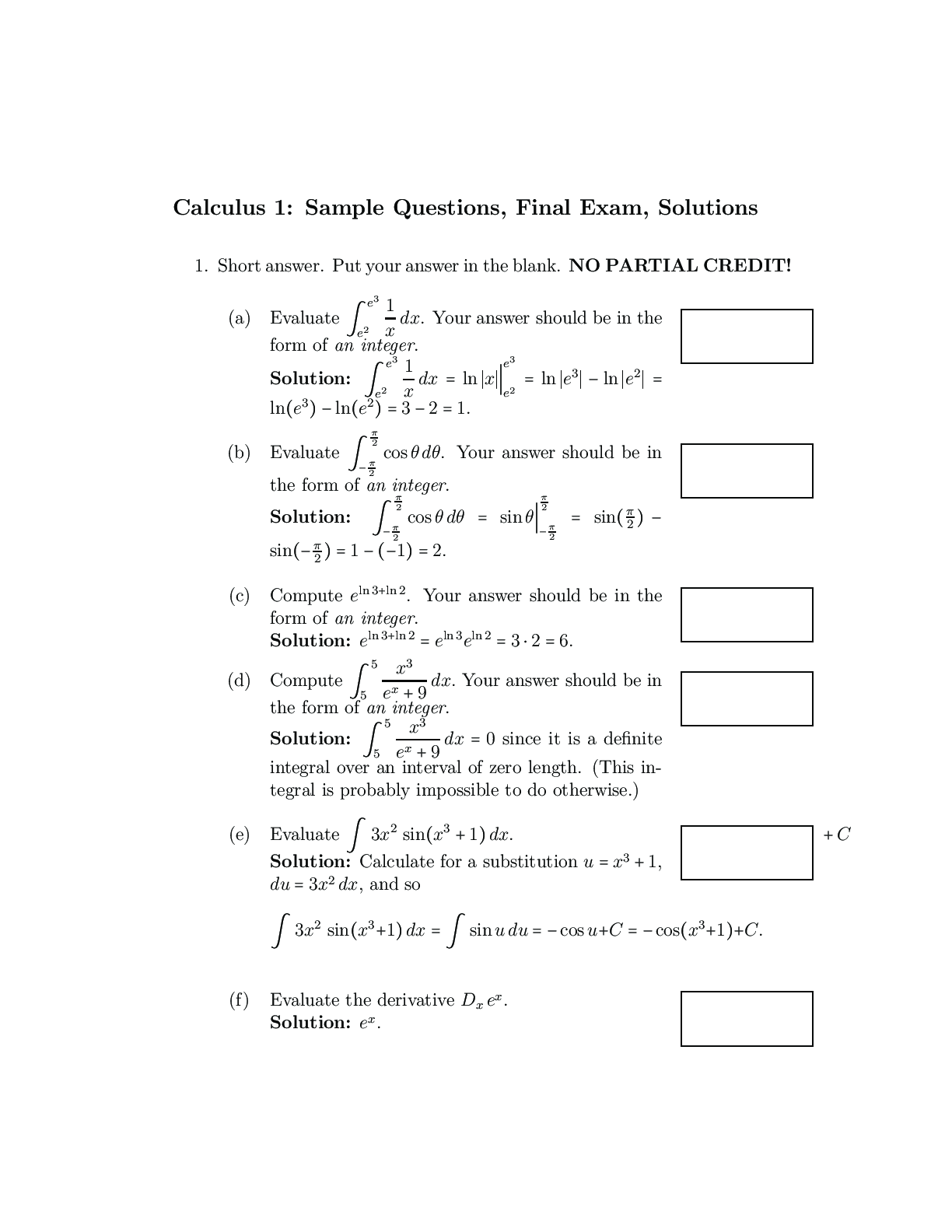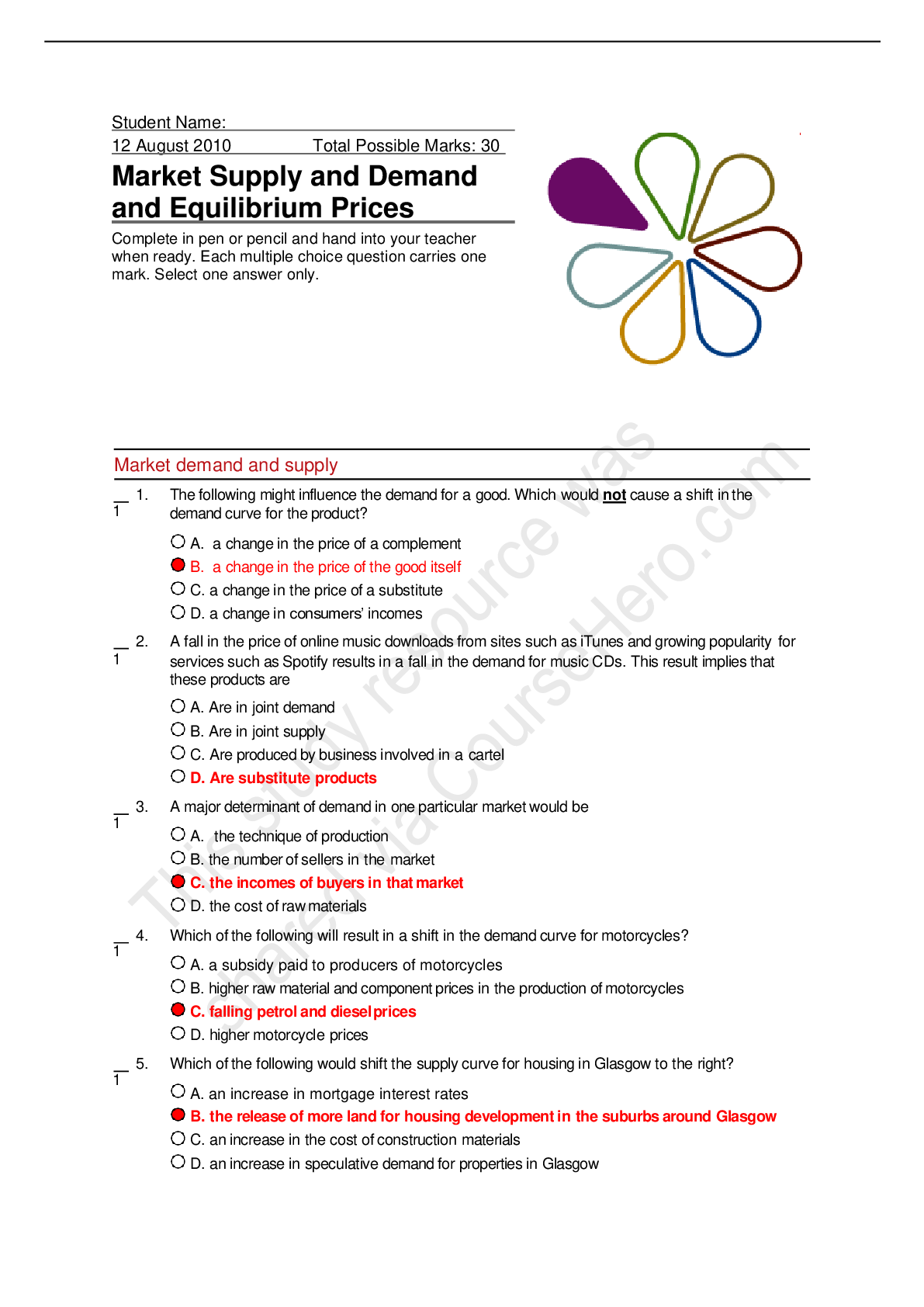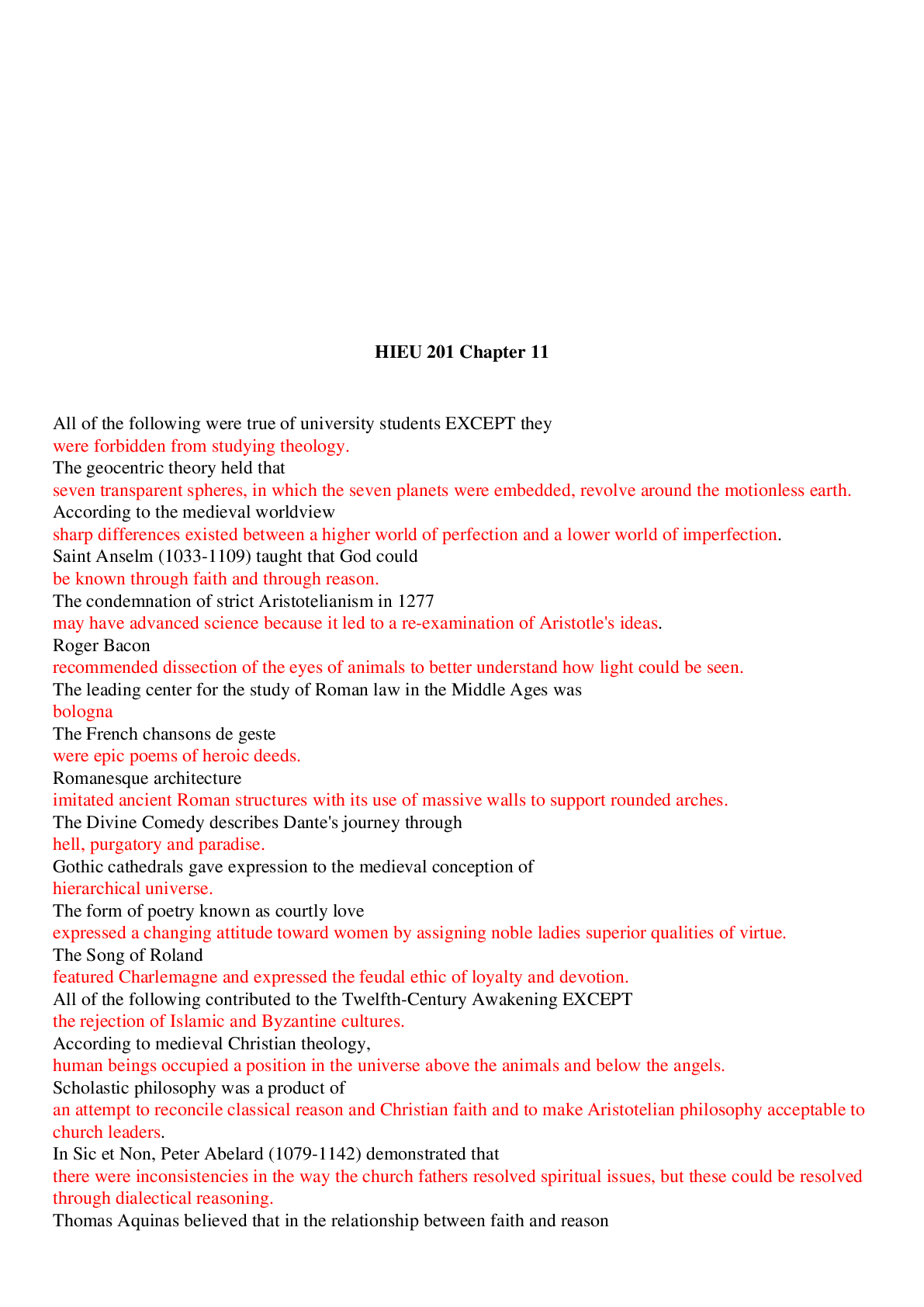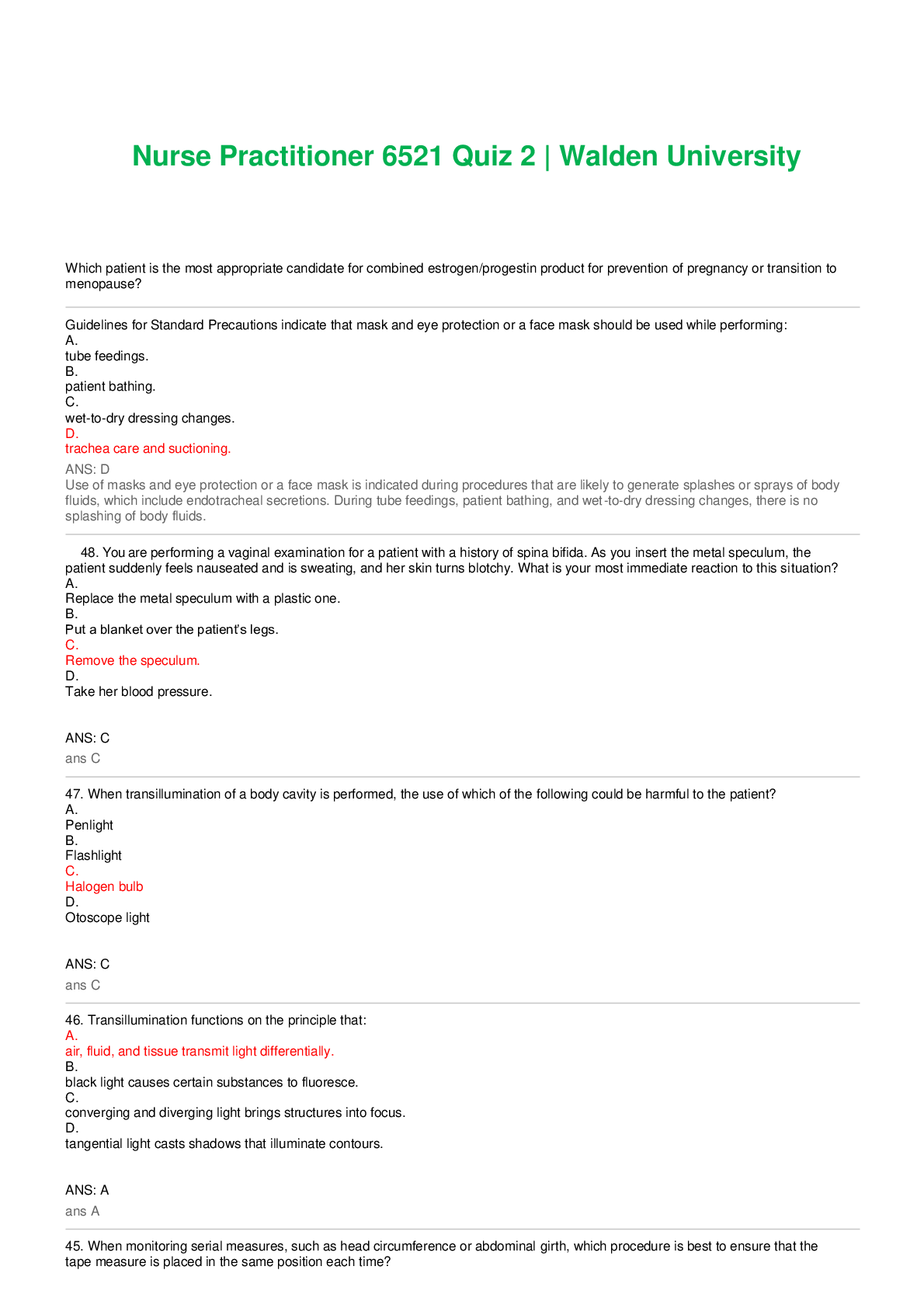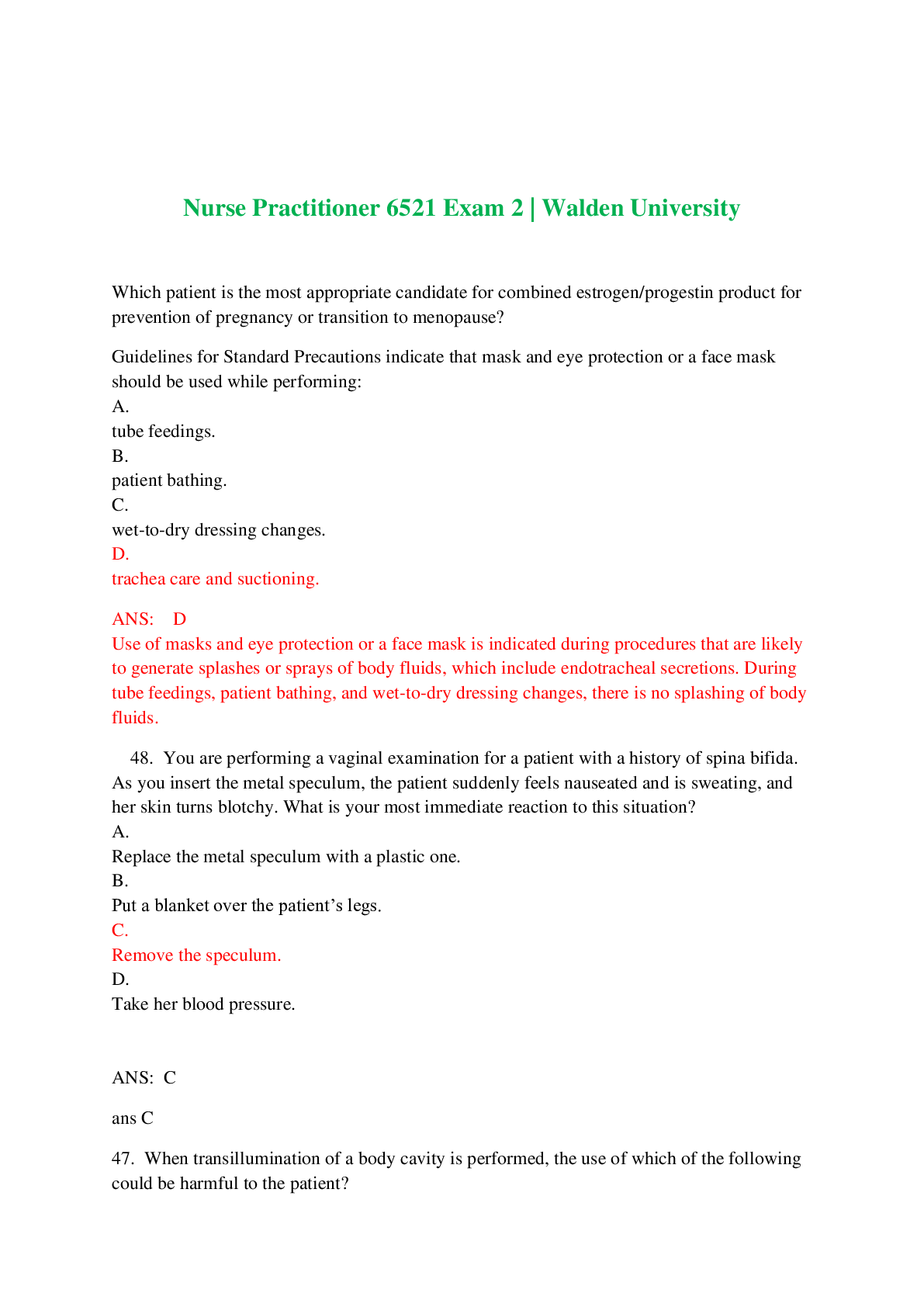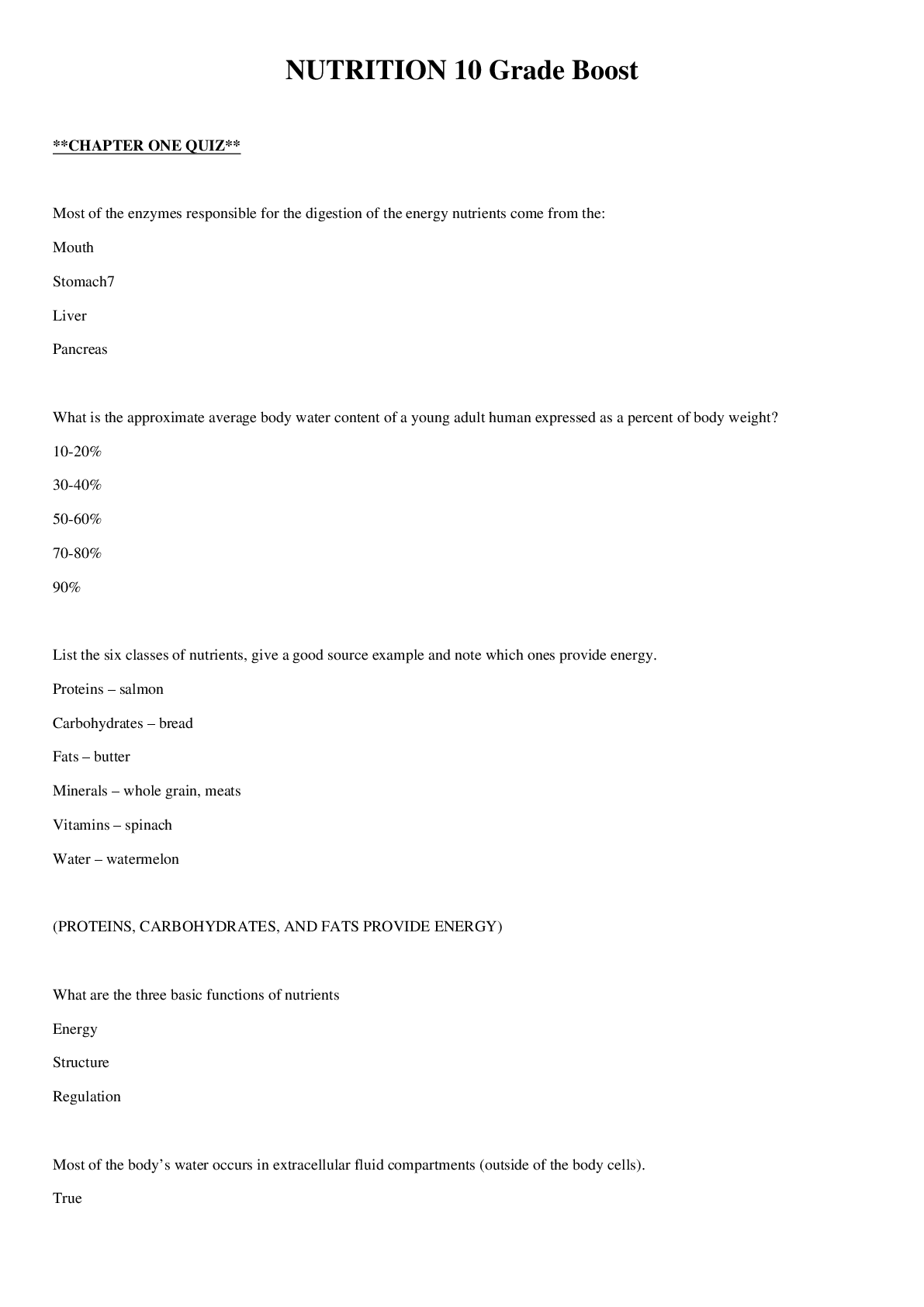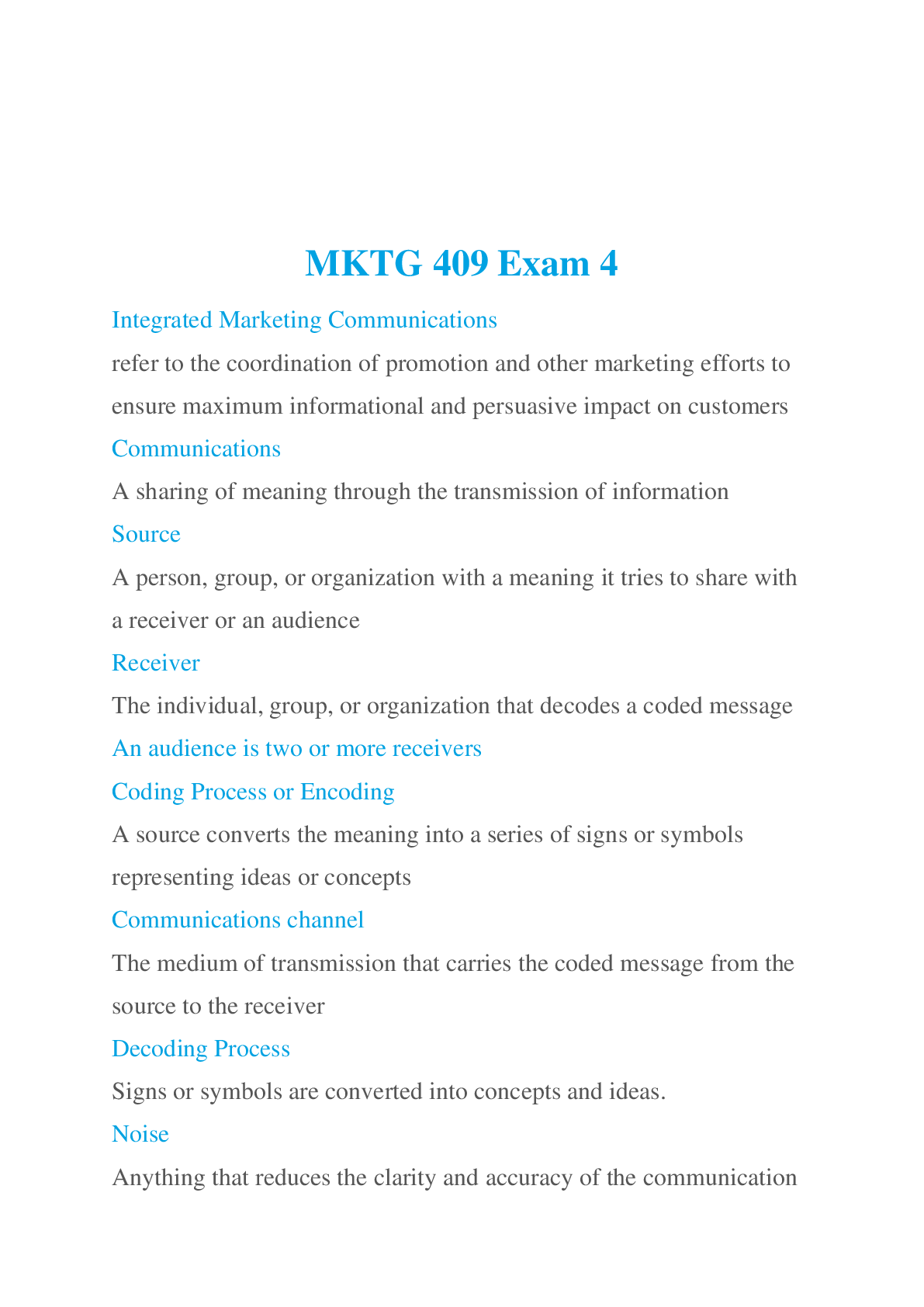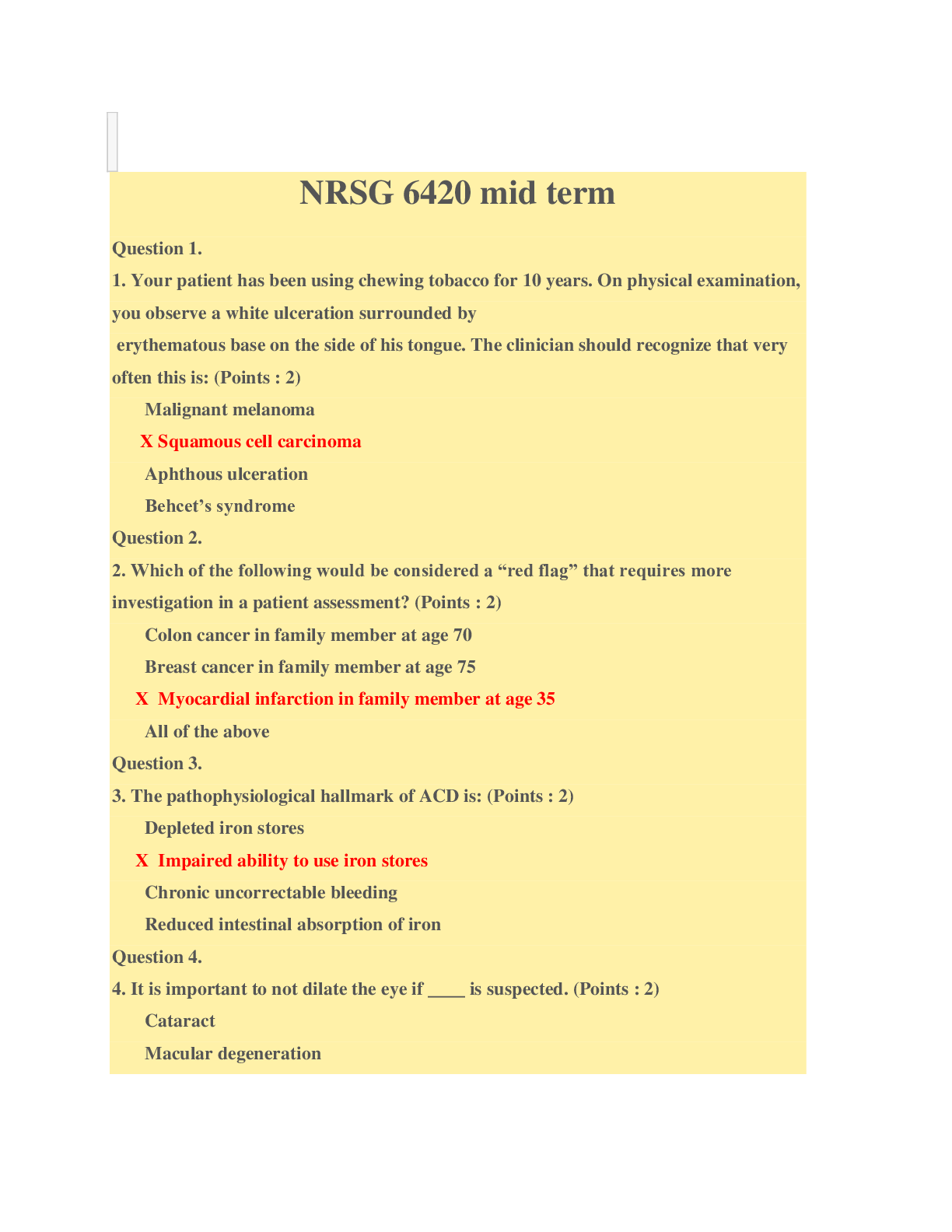BIO102 Unit 1: Assignment
Document Content and Description Below
BIO102 Unit 1: Assignment 1. Define anatomy and physiology. Human Anatomy: It is the scientific study of the body’s structures. It comes from the Greek word “ana” which means “to cut apart�... �� and “tomia” which means “to cut.” Physiology: It is the scientific study of the chemistry and physics of the structures of the body. Also, the ways in which they work together to support the functions of life. The study of physiology centers on the body’s tendency towards Homeostasis. 2. Describe macroscopic andmicroscopic anatomy. Macroscopic (Gross) Anatomy: Is the study of larger structures in the body, those visible without magnification. Microscopic Anatomy: Is the study of structuresthat can be observed only with the use of a microscope or other magnification device. This also includes Cytology, the study of cells and Histology, the study of tissues. 3. Explain the relationship between structure and function. Structure: Anatomy is about structure Function: Physiology is about function. The study of anatomy and physiology makes more sense, if you continually relate the form of the structures you are studying to their function. 4. Describe various types of cells in the human body and explain the basic principles of the cell theory. Cell Theory: All biological organisms are composed of cells; cells are the unit of life and all life come from preexisting life. This is a unifying principle of biology. Scientists group cellsinto mostly two categories. These categories are prokaryotic cells and eukaryotic cells. The Prokaryotic Cell: Prokaryotes are unicellular organisms that lack organelles or other internal membrane-bound structures. They have a single chromosome: a piece of circular, double-stranded DNA located in an area of the cell called the nucleoid. The Eukaryotic Cell: Are cells that contain organelles and a nucleus and are enclosed by a plasma membrane. Organisms that have eukaryotic cellsinclude, fungi, protozoa, animals, and plants. 5. Define histology. Histology is the study of the microscopic structure of tissues. 6. Identify the 11 organ systems, provide two functions for each system and two related organs in each system. 1. Integumentary System: Enclosesinternal body structures. Site of many sensory receptors. (Hair, Skin, and Nails). 2. Skeletal System: Supportsthe body. Enables movement with muscle strength. (Cartilage, Bones, and Joints). 3. Muscular System: Enables movement with Skeletal System. Helps maintain body temperature. (Skeletal Muscles, and Tendons). 4. Nervous System: Detects and Processessensory information. Activates bodily responses. (Brain, Spinal Cord, and Peripheral Nerves). 5. Endocrine System: Secretes hormones. Regulates body processes. (Pituitary Gland, Thyroid Gland, Pancreas, Adrenal Glands, Testes, and Ovaries). 6. Cardiovascular System: Delivers Oxygen and Nutrientsto tissues. Equalizestemperature in the body. (Heart and Blood Vessels). 7. Lymphatic System: Returnsfluidsto blood. Defends against pathogens. (Thymus, Lymph Nodes, Spleen, and Lymphatic Vessels). 8. Respiratory System: Removes carbon dioxide from the body. Delivers oxygen to blood. (Nasal Passage, Trachea, and Lungs). 9. Digestive System: Processesfood for use by the body. Removes waste from undigested food. (Stomach, Liver, Gall Bladder, Large Intestine, and Small Intestine). 10. Urinary System: Controls water balance within the body. Removes wastesfrom blood and excretes them. (Kidneys, and Urinary Bladder). 11. Male Reproductive System: Producessex hormones and gametes. Deliver gametesto female. (Epididymis and Testes). 12. *Bonus* Female Reproductive System: Produces sex hormones and gametes. Support embryo/fetus until birth. Produces milk for infant. (Mammary Glands, Ovaries, and Uterus [Show More]
Last updated: 2 years ago
Preview 1 out of 8 pages
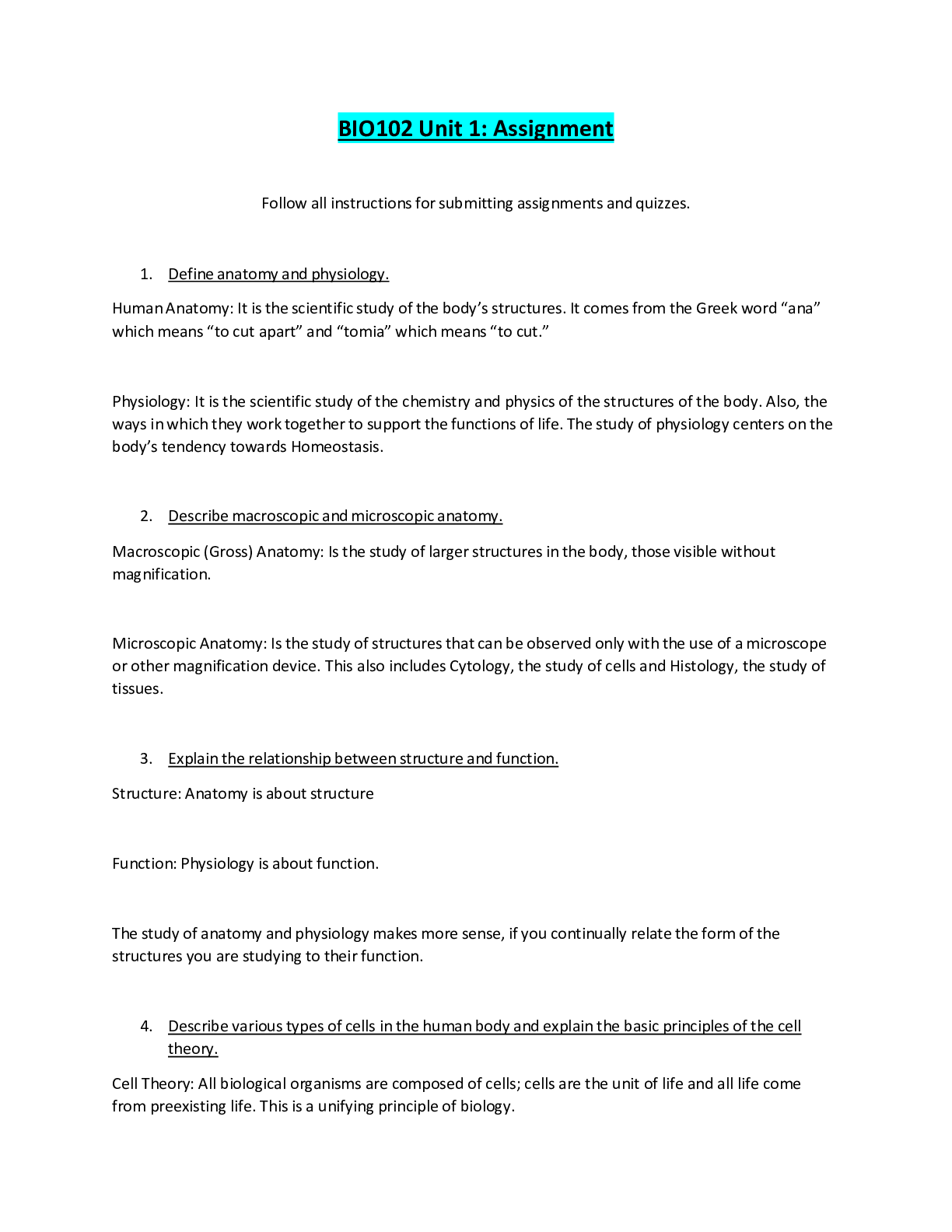
Buy this document to get the full access instantly
Instant Download Access after purchase
Buy NowInstant download
We Accept:

Reviews( 0 )
$6.50
Can't find what you want? Try our AI powered Search
Document information
Connected school, study & course
About the document
Uploaded On
Feb 24, 2022
Number of pages
8
Written in
Additional information
This document has been written for:
Uploaded
Feb 24, 2022
Downloads
0
Views
106


